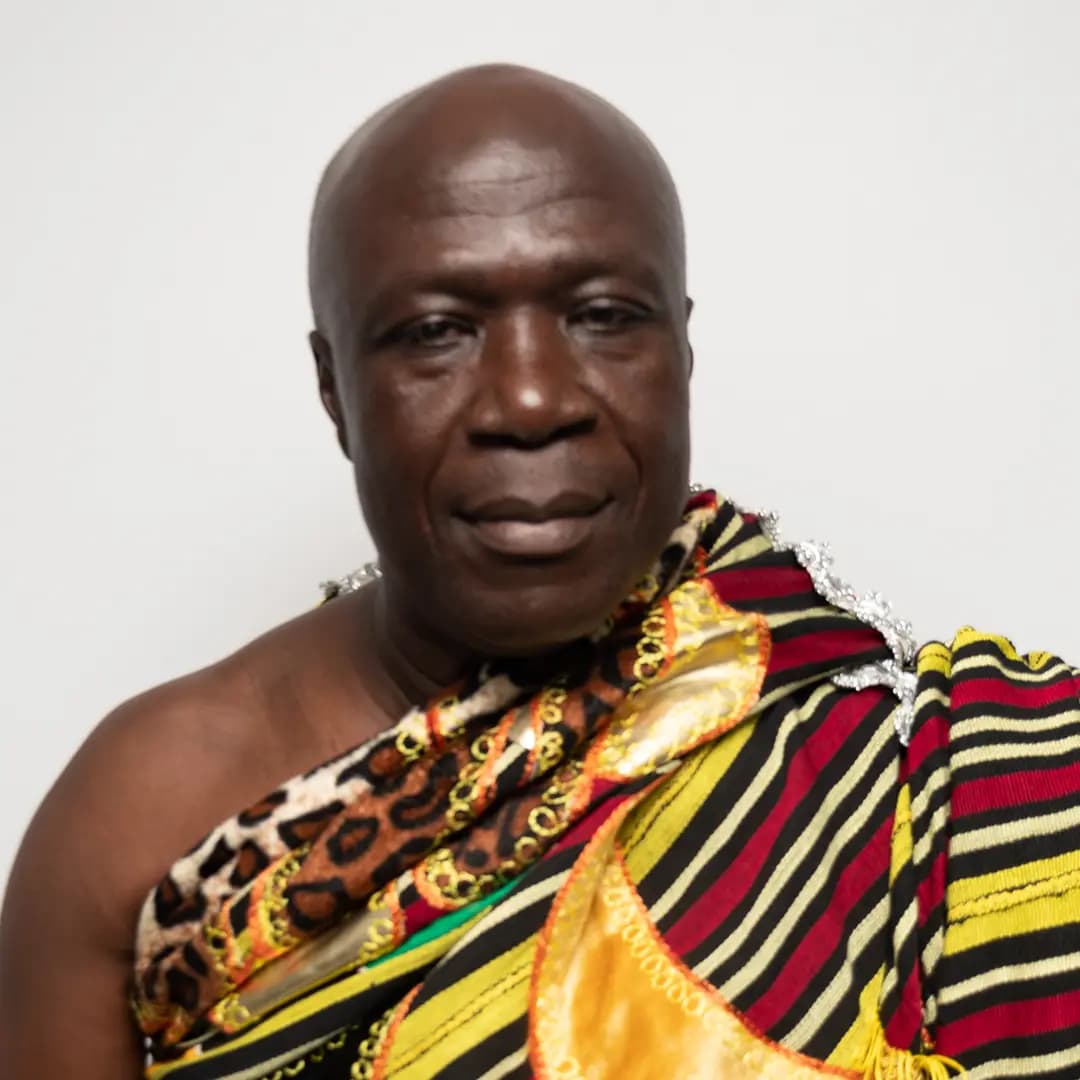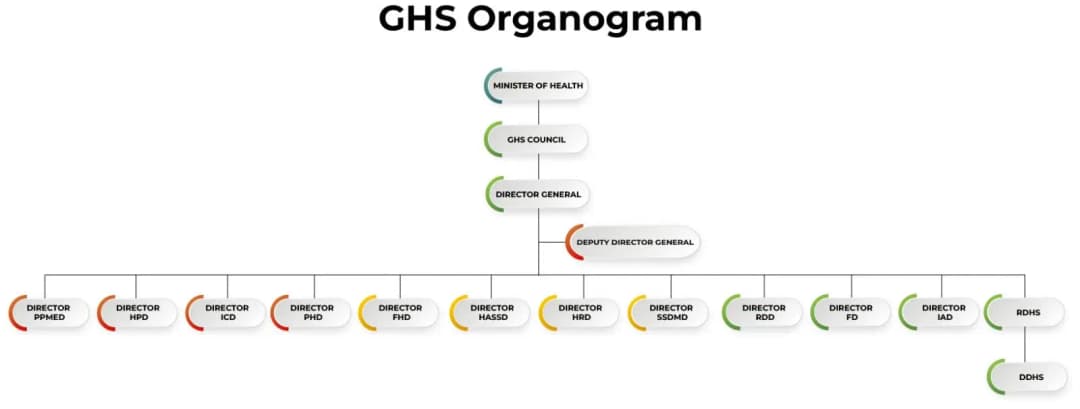Your Health,Our Concern
Committed to excellence in healthcare delivery across Ghana
Profile of Ghana Health Service
An autonomous Executive Agency responsible for implementing national health policies and delivering comprehensive healthcare services across Ghana.
Background & Rationale
The 1992 Constitution of the Republic of Ghana (Chapter 14) provided for the establishment of the Ghana Health Service (GHS) as part of the Public Services of Ghana. In 1996, Parliament passed the Ghana Health Service and Teaching Hospitals Act 1996, Act 525, to pave way for the establishment of GHS.
The GHS is therefore a Public Service body established under Act 525 of 1996 as required by the 1992 constitution. It is an autonomous Executive Agency responsible for implementation of national policies under the control of the Minister for Health through its governing Council – the Ghana Health Service Council.
The establishment of the GHS was an essential part of the key strategies identified in the Health Sector Reform process in the 1990s, which was outlined in the Medium-Term Health Strategy and Five Year Programme of Work for the period 1997-2001.
The reforms built on the reorganization of the MOH that began in 1993, which was explicitly designed to set the scene for the establishment of the GHS. The reforms also provided a sound organizational framework for the growing degree of managerial responsibility that had already been delegated to districts and hospitals.
OurVision
All communities having access to timely, quality and comprehensive health care
OurMandate
To provide and prudently manage comprehensive and accessible health services, with special emphasis on primary health care at the regional, district, and sub-district levels, in accordance with approved national policies.
OurCore Values
- ✓ Professionalism
- ✓ Team work
- ✓ Integrity
- ✓ Discipline
- ✓ Excellence
- ✓ People-centered
Our Leadership
Our devotion shows in the comprehensive care we provide for the nation. All of us at Ghana Health Service are committed to our motto: Your health, our concern

Dr. Samuel Kaba Akoriyea
Associate Professor
Director General
Dr. Samuel Kaba Akoriyea (Dr. Kaba, as he is well known) is the Director-General of the Ghana Health Service (GHS), Consultant Neurosurgeon, and Public Health Physician with diverse knowledge in Governance and Leadership, International Affairs and Diplomacy, and Health Policy and Systems Research. He has over 26 years of medical practice experience, including 22 years as a Consultant Neurosurgeon. He has played a pivotal role in healthcare leadership, neurosurgical advancements, emergency response, and policy development in Ghana and beyond. He holds an impressive array of academic and professional qualifications, including a Doctor of Medicine (MD) and Specialisation in Neurosurgery from Cuba, a PhD and MPhil in Public Health from the University of Santiago de Compostela in Spain, an Executive Master’s in Governance and Leadership (EMGL) from GIMPA, Master of Arts in International Affairs from University of Ghana, and a Postgraduate Diploma in Corporate Governance from the Institute of Directors, Ghana.

Dr. Caroline Reindorf Amissah
Ag. Deputy Director-General
Dr. Caroline Reindorf Amissah is a respected medical practitioner with significant expertise in healthcare management and service delivery. Her leadership has been instrumental in strengthening primary healthcare systems across Ghana.
Council members
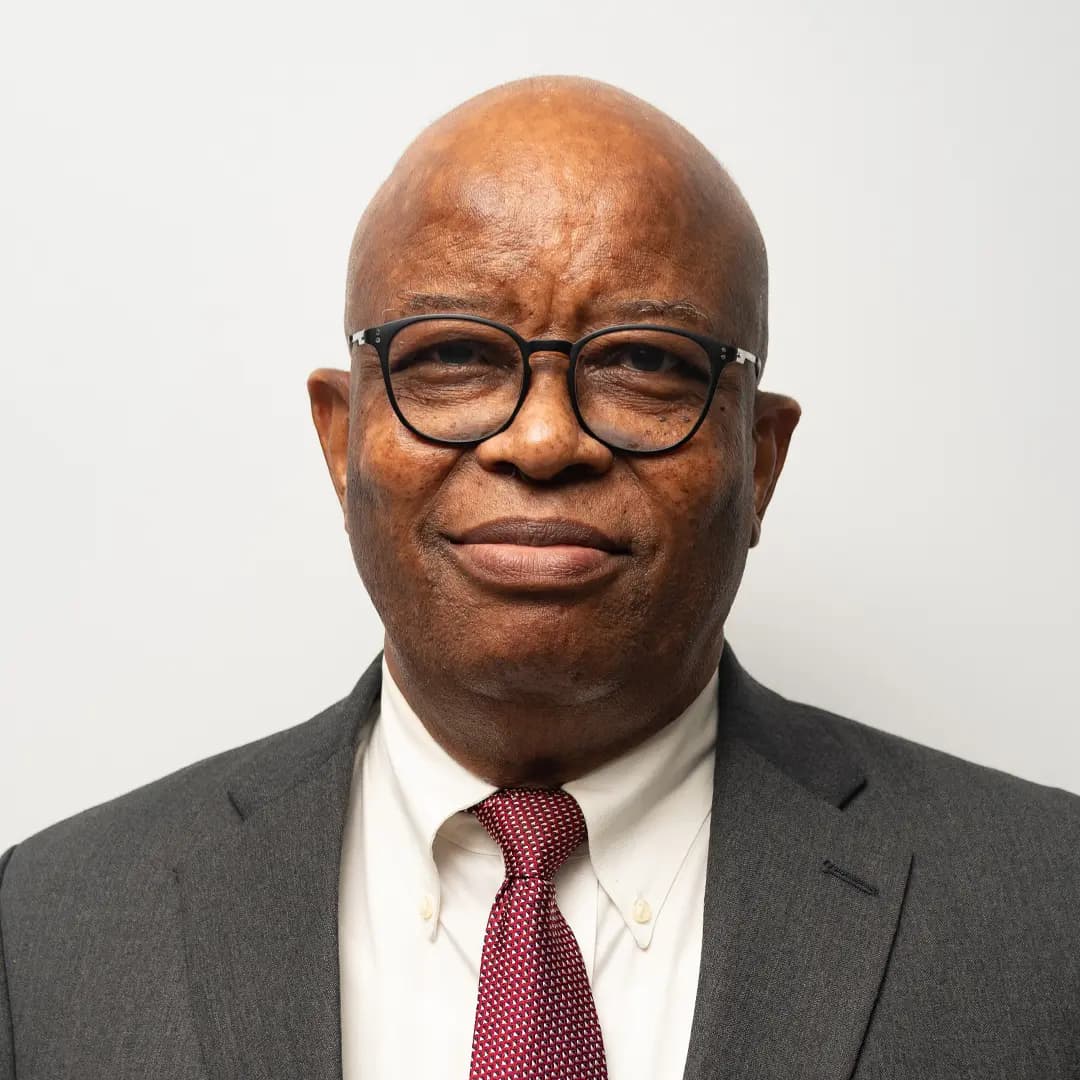
Prof. Fred Newton Binka
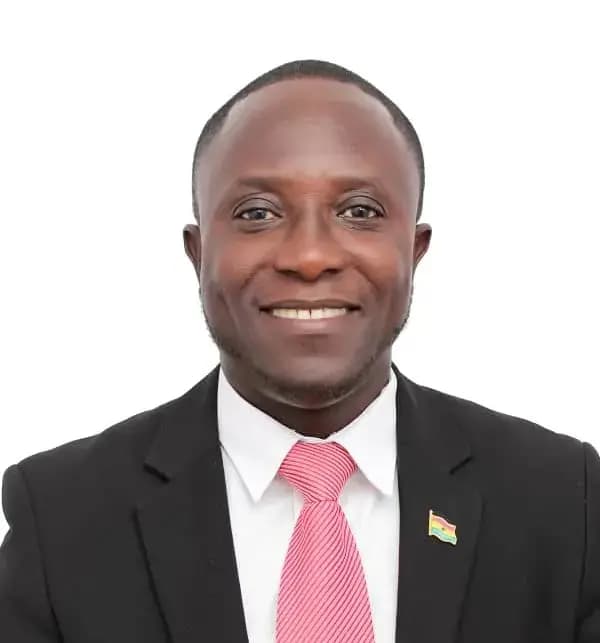
Simon Awog-Badek
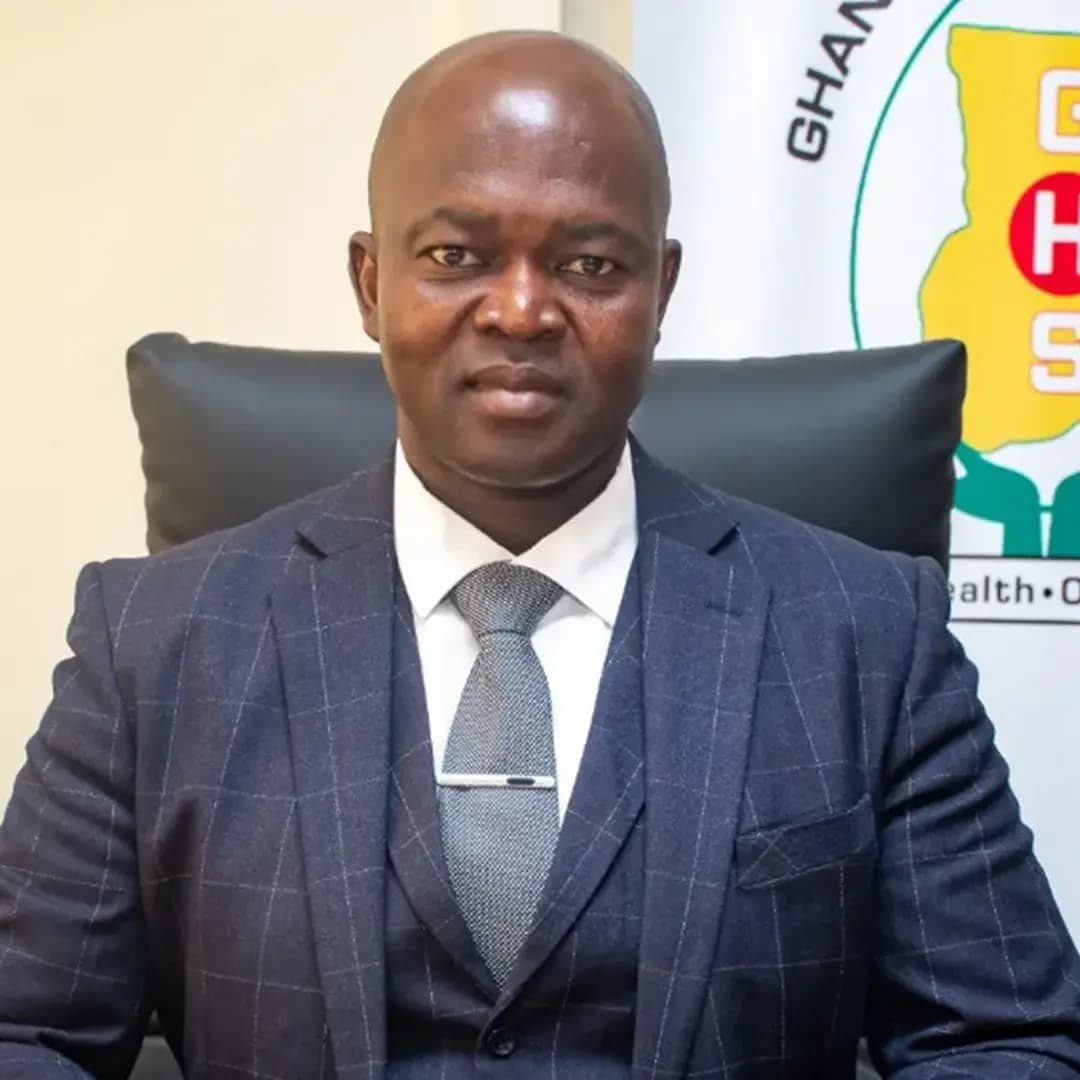
Dr. Samuel Kaba Akoriyea
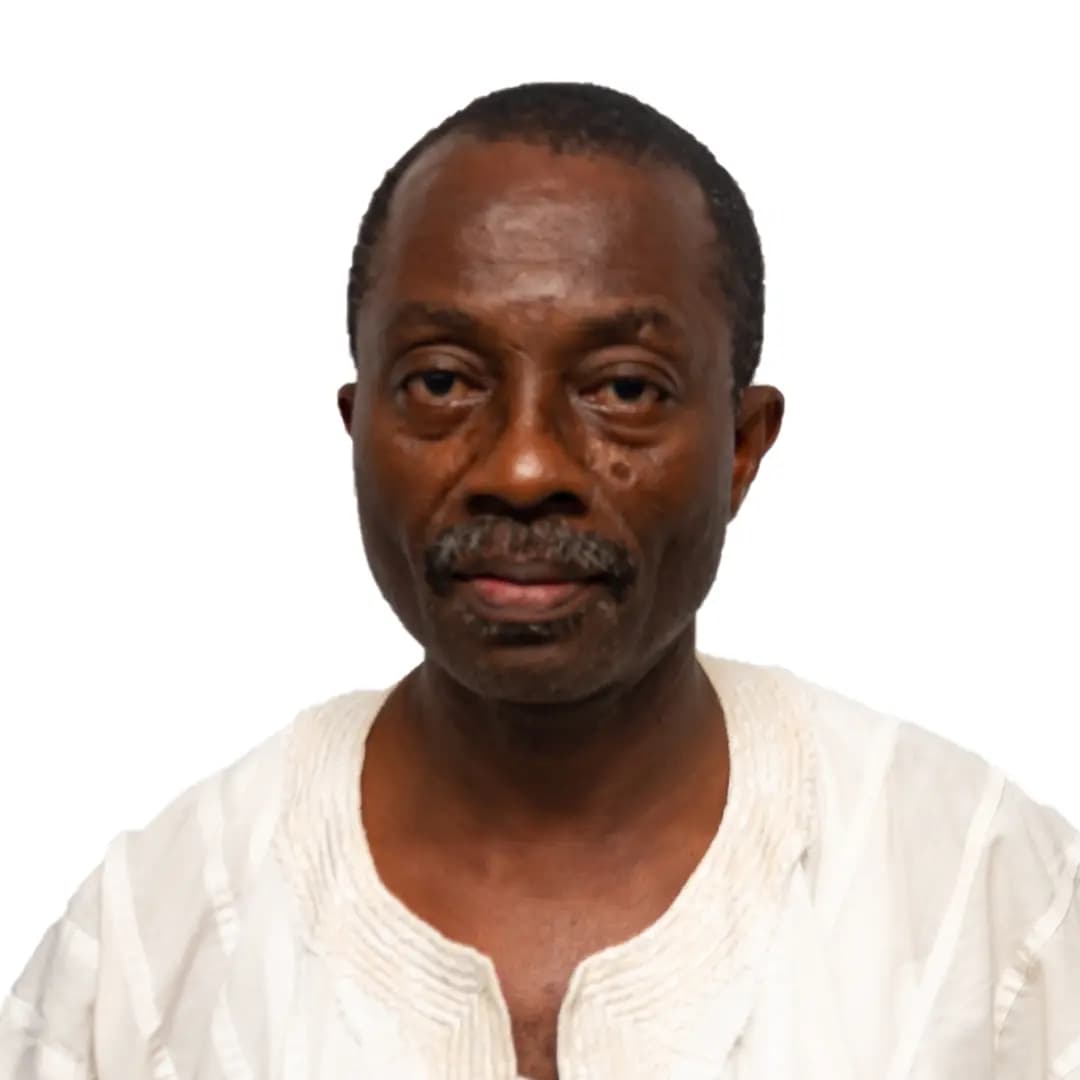
Dr. Amedi Kofi Micheal
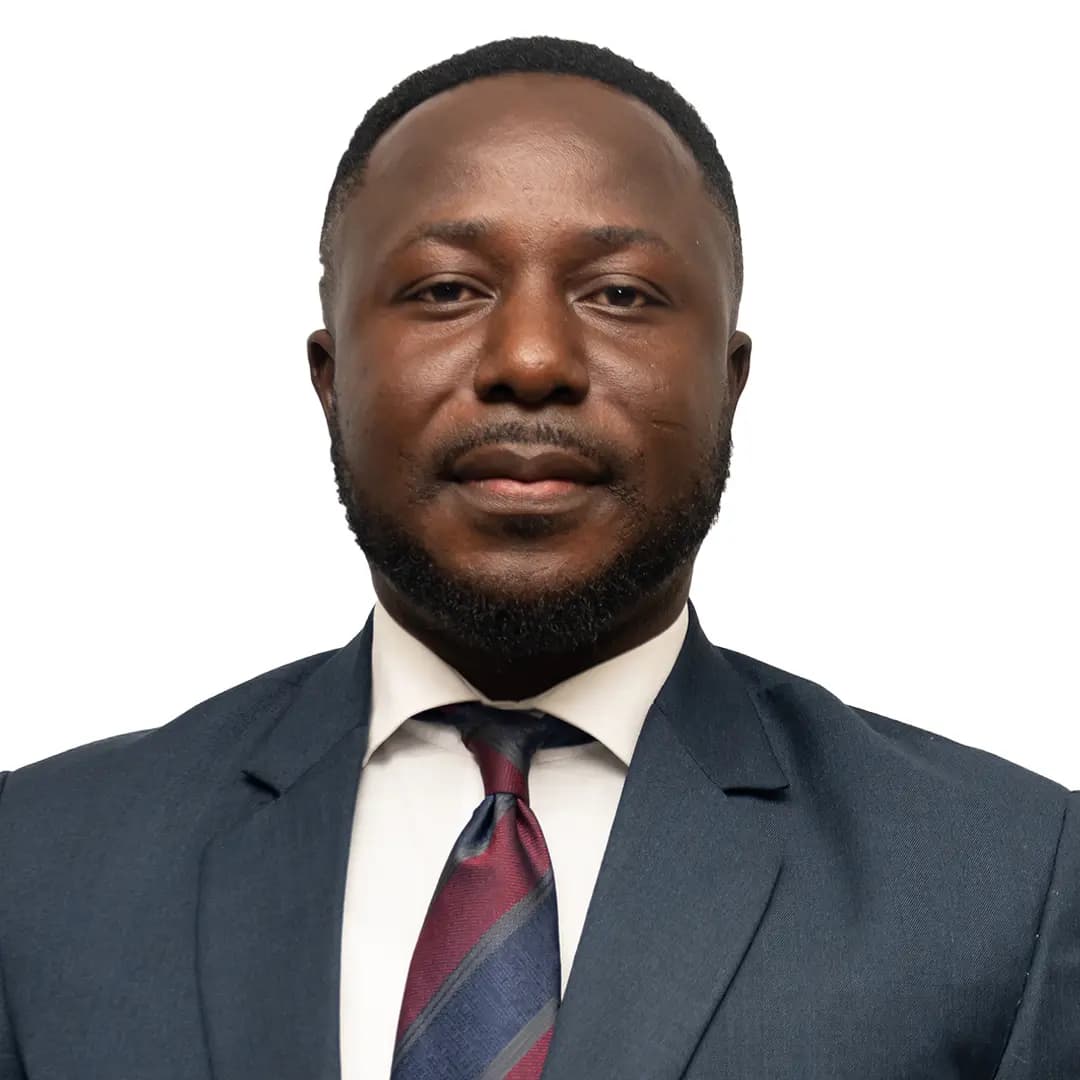
Akwasi Owusu-Mainu
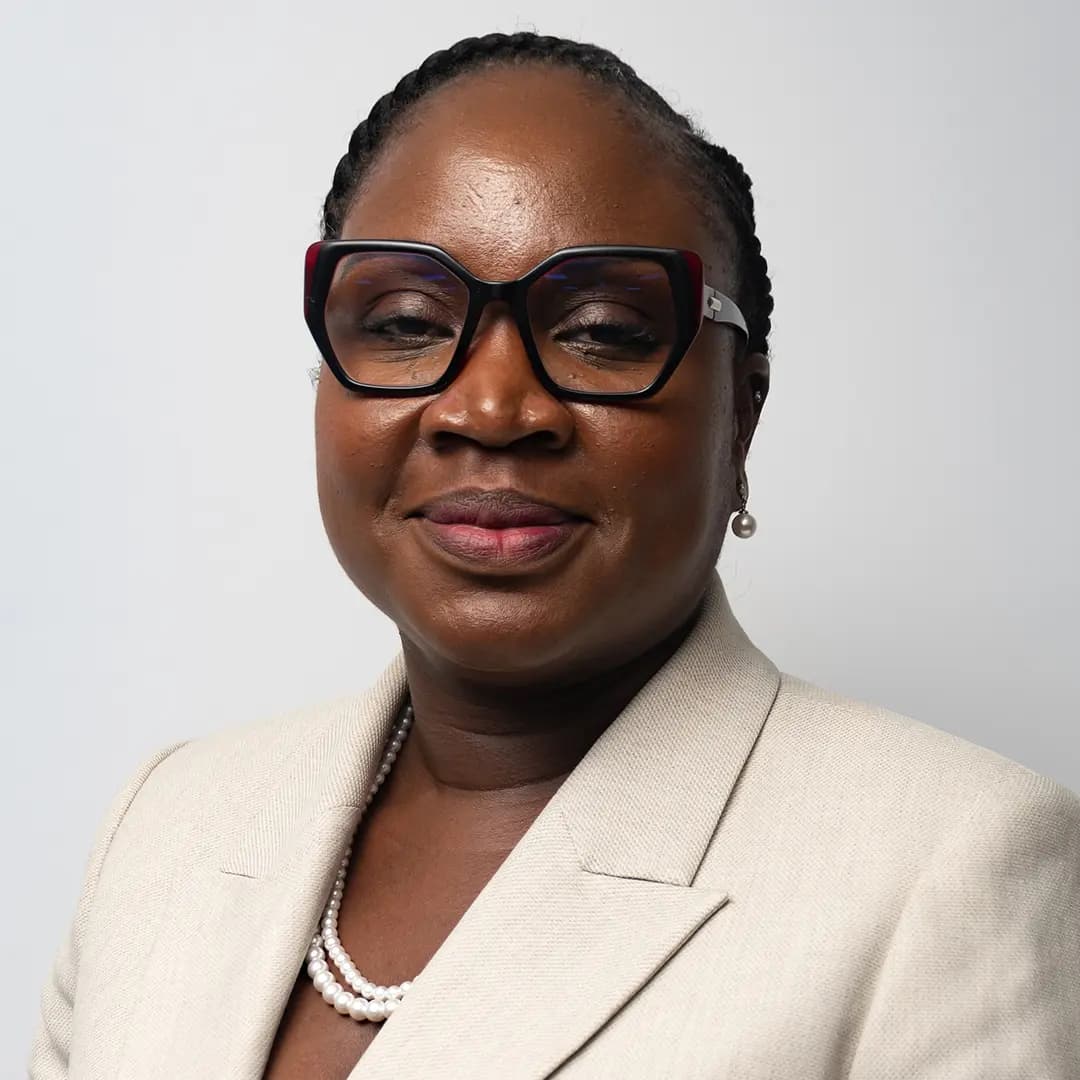
Dr. Belinda Afriyie Nimako
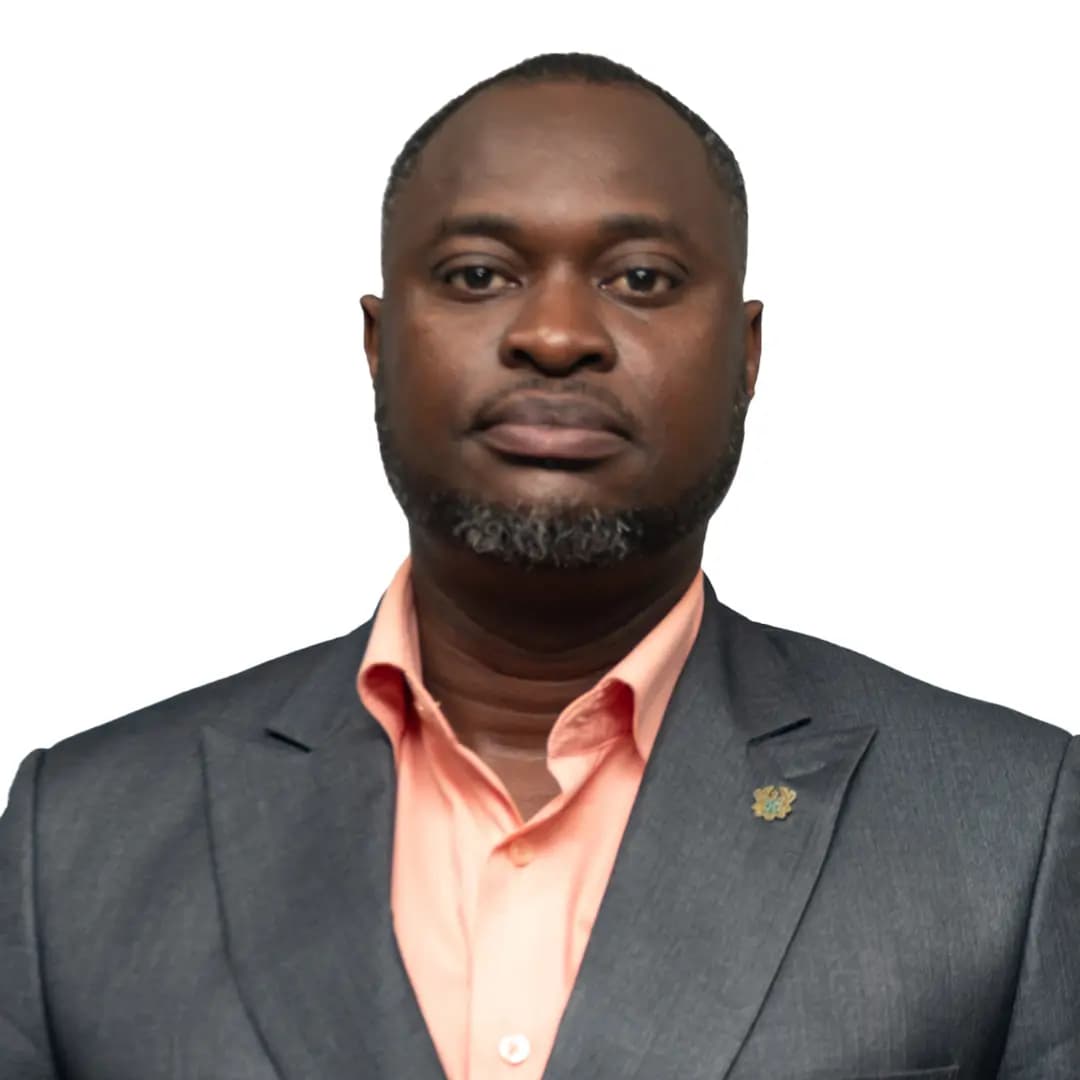
Dela Kemevor

Dr. Gina Teddy
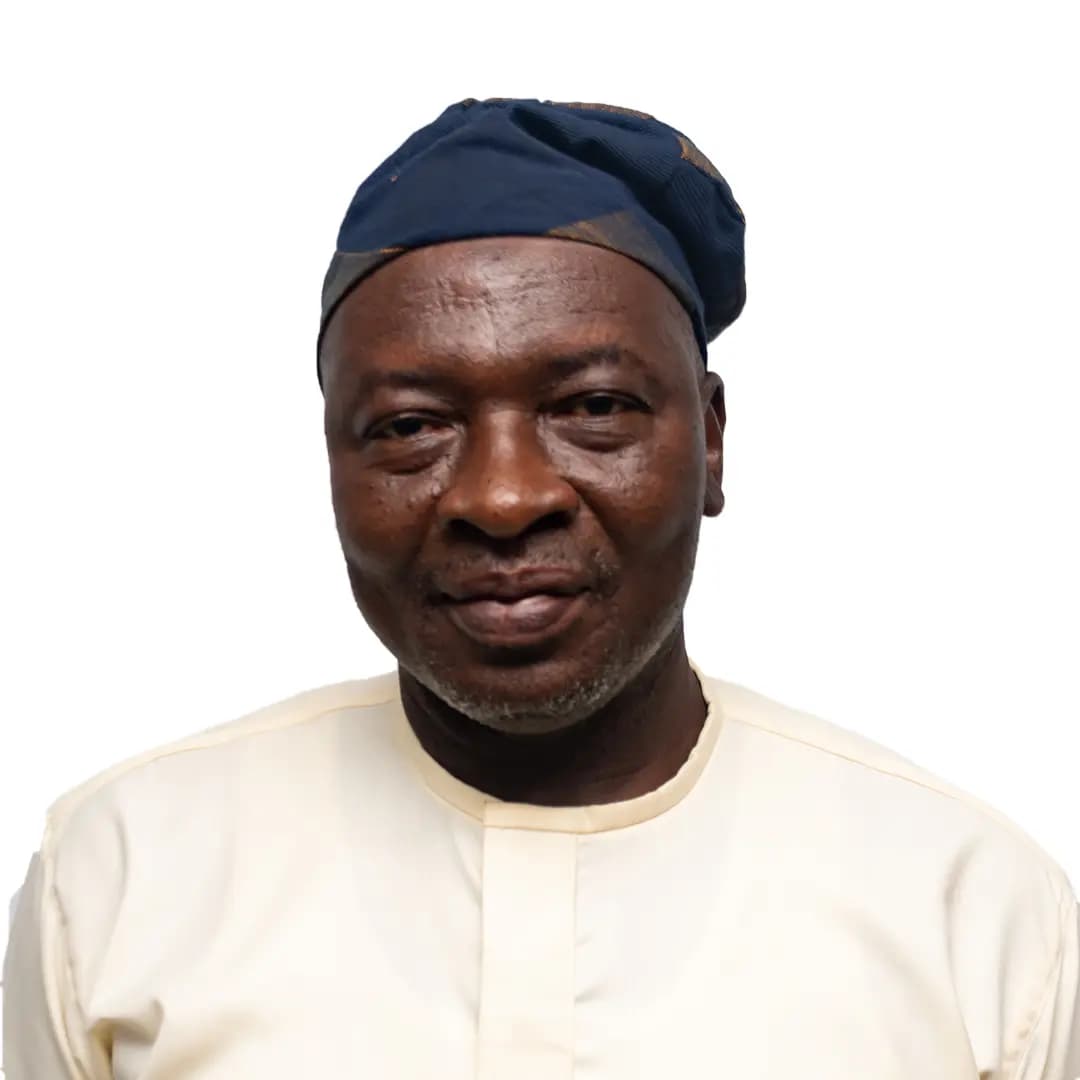
Dr. Munawaru Issahaque
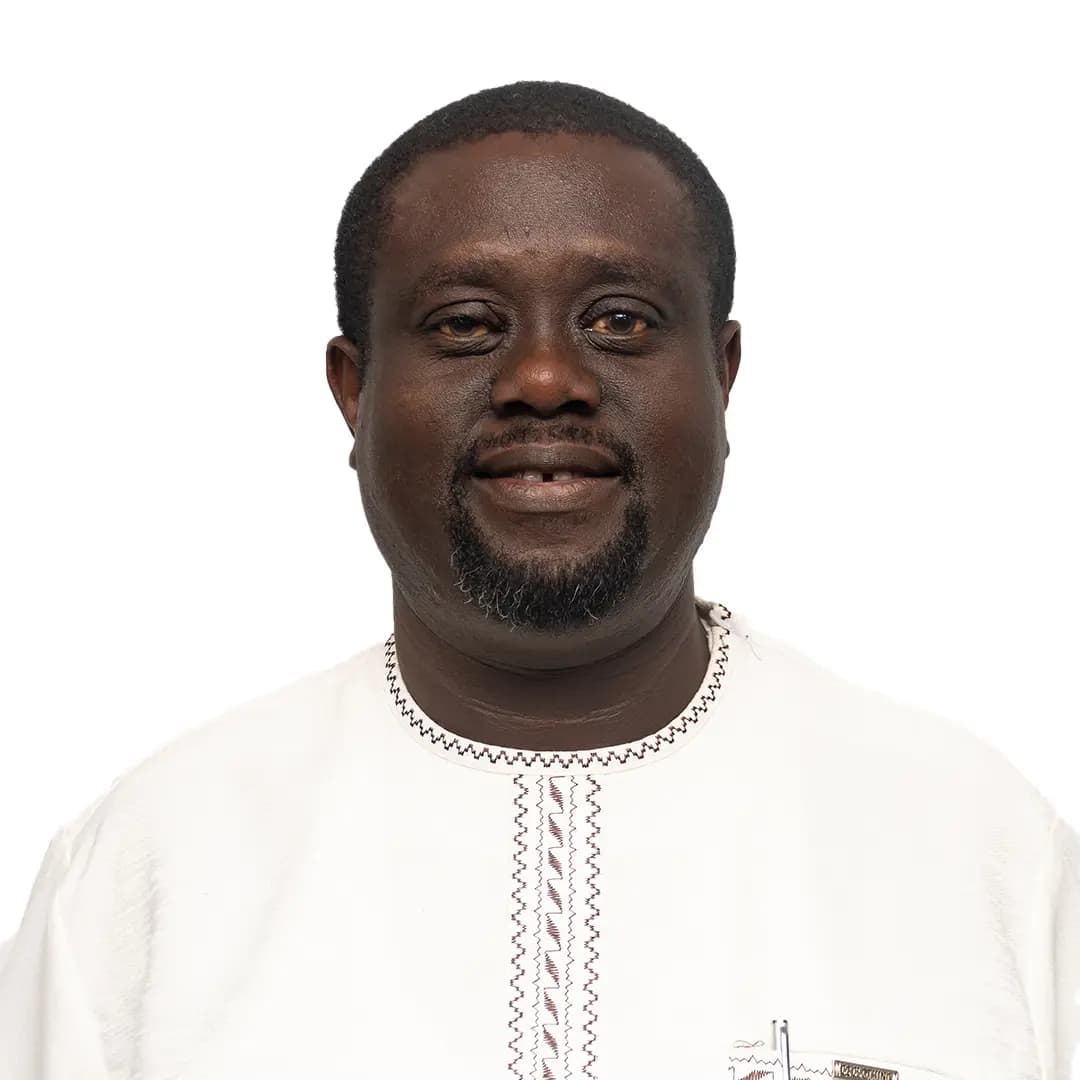
Franklin Owusu Ansah
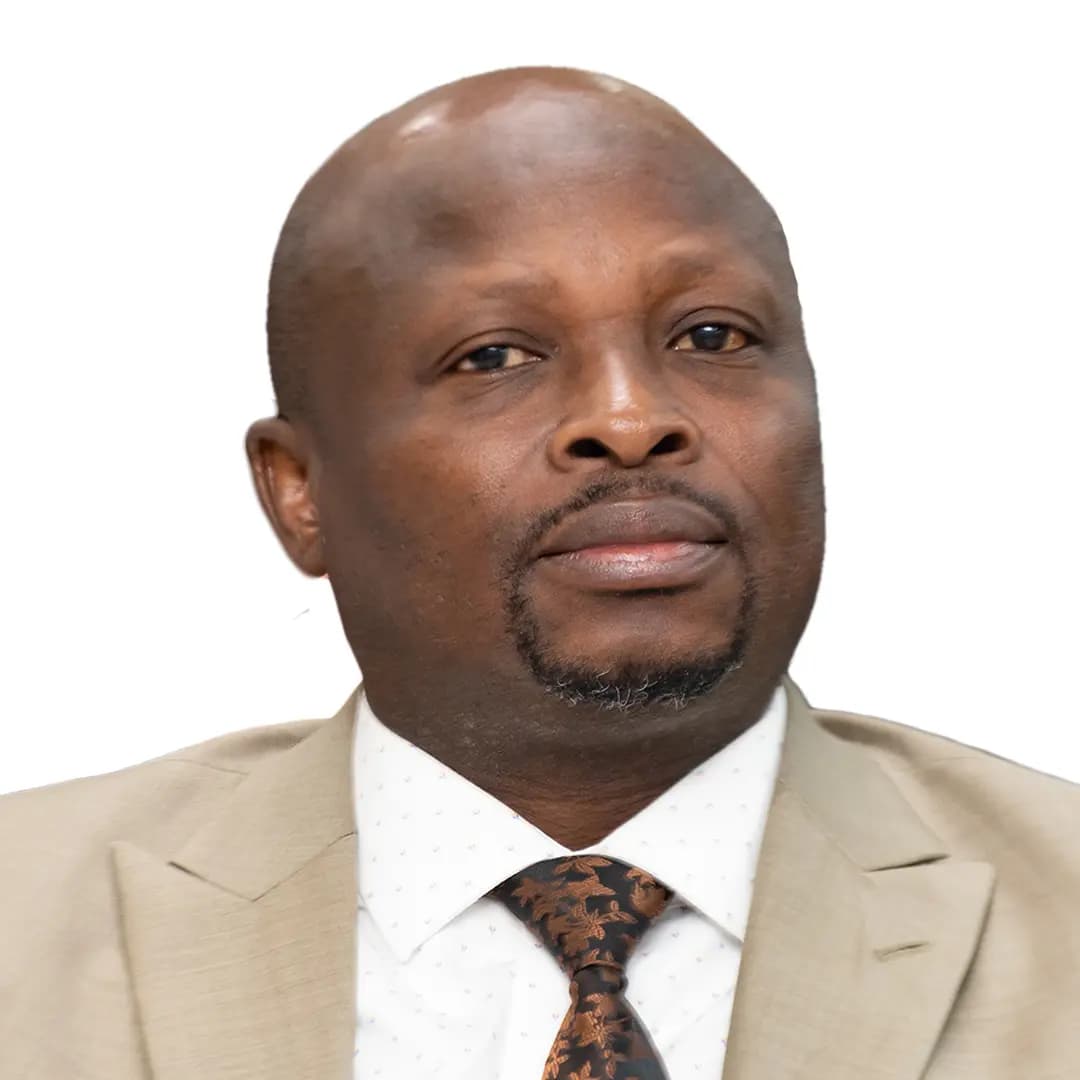
Hon. Richard Acheampong, MP
